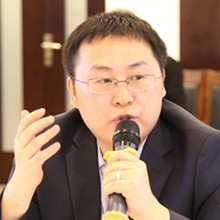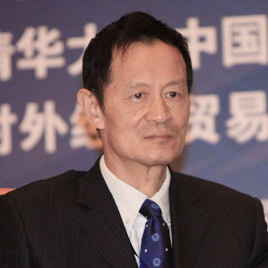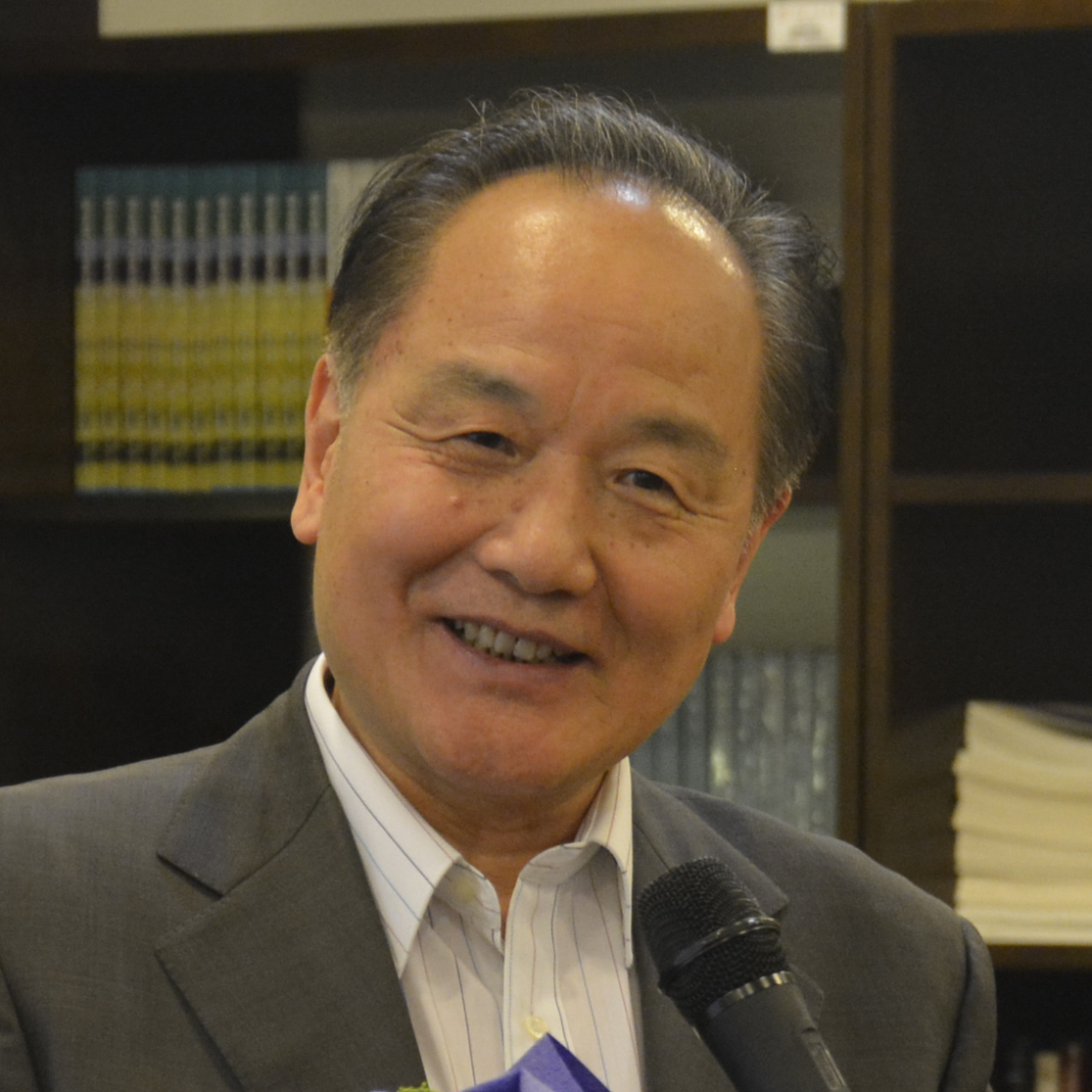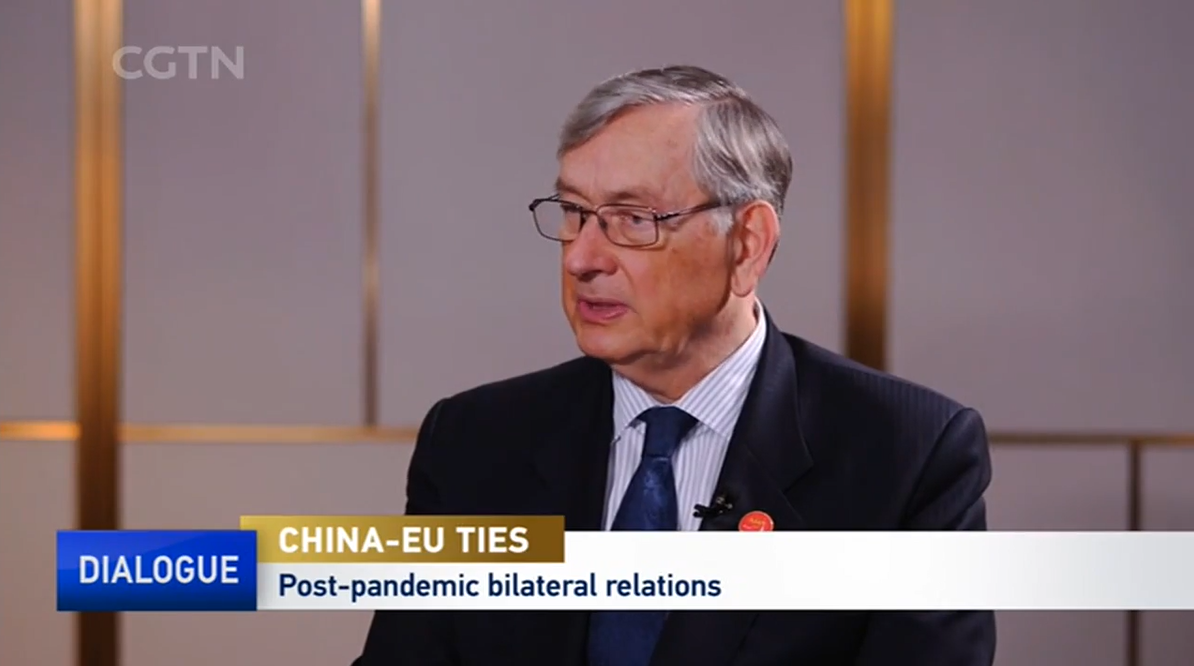Commentaries
Your Present Location: Teacher_Home> He Weiwen> CommentariesChina, US eye new talks
Source: Global Times Published: 2019-01-10
With the latest China-US trade talks ended in Beijing, all eyes turn to the next step by the two economic powers to untangle trade frictions as officials offered limited details about their discussions, but left sufficient hints for continued efforts.
After extended negotiations in Beijing, officials on both sides sought to highlight their progress and commitment to further talks, but also exercised caution talking about specifics, laying bare the delicate dynamic in negotiations where both opportunities for a final deal and uncertainties coexist.
At a press briefing dominated by questions on the trade talks, Gao Feng, spokesperson for the Chinese Ministry of Commerce (MOFCOM), mostly repeated talking points from an earlier statement, saying that the talks were "broad, in-depth and detailed."
"[The talks] enhanced mutual understanding and pushed forward a solution to address both sides' concerns," Gao told a room full of reporters after arriving nearly 30 minutes late to the briefing.
"Both sides are striving for solidly implementing the consensus reached by the leaders of the two countries."
President Xi Jinping and US President Donald Trump agreed on a 90-day truce on December 1 that allows officials to strike a deal to avert the trade war before March 1. Beijing hosted the first face-to-face talks since that truce.
In separate statements after the talks, MOFCOM and the Office of the US Trade Representative (USTR) offered few details about the discussions.
The MOFCOM statement on Thursday morning mentioned "trade and structural issues" as topics, while the USTR release went further, repeating long-held grievances against China including balanced trade, market access and intellectual property rights.
But despite the discrepancies, the statements showed one thing, that "the two sides are really making great efforts toward reaching a deal," He Weiwen, an executive council member of the China Society for World Trade Organization Studies, told the Global Times on Thursday.
He noted that the vice-ministerial-level trade talks were a constructive step and helpful for the two sides to enhance consensus while laying a basic foundation for higher-level talks.
Future talks
Both statements hinted that the two countries will continue to talk, with the US team saying it was waiting for "guidance on the next steps" and MOFCOM saying the two sides agreed to keep "close contact."
"Based on the official statements, I am very confident that there will be a higher-level consultation very soon," Wei Jianguo, a former vice minister of commerce, told the Global Times on Thursday, noting that a Chinese delegation would likely travel to Washington soon.
Asked about a possible trip to Washington by Chinese Vice Premier Liu He, who is leading the Chinese negotiating team, the MOFCOM spokesperson said that "the two sides are keeping close contact for the arrangement of the next China-US consultation."
Some international media reports speculated that Liu would head to the US later this month to meet US counterparts Treasury Secretary Steven Mnuchin and Trade Representative Robert Lighthizer.
Reports also suggested that Chinese Vice President Wang Qishan and US President Donald Trump could also meet later this month at the World Economic Forum's annual meeting in Switzerland.
In a speech to mark the 40th anniversary of China-US relations in Beijing on Thursday, Wang said that bilateral cooperation has contributed to global prosperity and both sides should further strengthen relations. "China will not stop its reform pace and its door will only open wider," he said.
Cautious optimism
Many Chinese analysts believed that by extending to a third day, officials from both sides had demonstrated an eagerness not witnessed in previous talks.
"I heard they were working around the clock, even skipped meals and worked until late night and finally extended the talks. This is a very important, positive point," Wei said. "This has a greater meaning than the brief statements."
Other analysts warned that the latest talks had only scratched the surface and thornier issues that needed to be addressed including structural changes: a focal point in the long list of US complaints about China.
MOFCOM spokesperson Gao said structural issues were important in the talks and the two sides "made progress in the area and strengthened mutual understanding."
Another sticking point could be US restrictions on exports of some high-tech products to China and Chinese technological investments overseas, according to analysts. Beijing believes Washington should lift those restrictions, and has criticized the US crackdown on tech firms Huawei and ZTE.
"It's unlikely that the China-US trade war will intensify, but future talks will become more difficult," said Chen Fengying, an expert at the China Institutes of Contemporary International Relations in Beijing.
In line with analysts' cautious optimism, global markets offered a mixed reaction on Thursday.
In China, the benchmark Shanghai Composite index closed 0.36 percent lower, while Hong Kong's Hang Seng was up 0.22 percent. Japan's Nikkei 225 dropped 1.29 percent and markets in Europe also opened slightly lower.
He Weiwen is a senior fellow with Chongyang Institute for Financial Studies at Renmin University of China.

















































































 京公网安备 11010802037854号
京公网安备 11010802037854号





